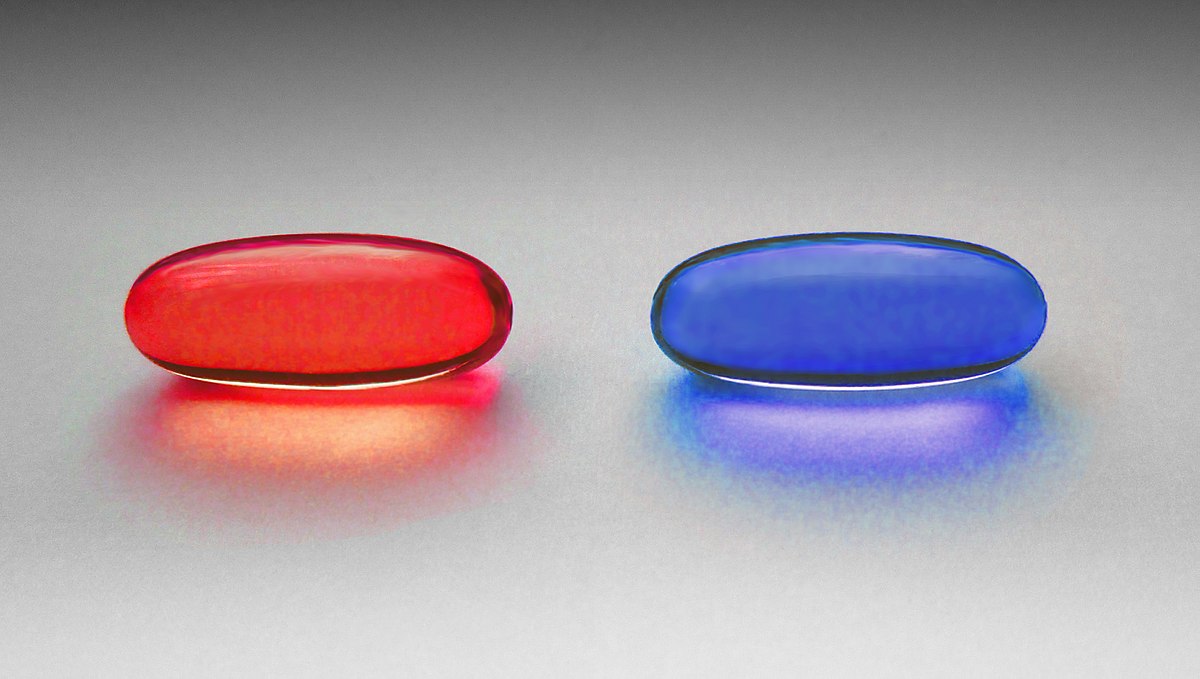diabetes
A new study suggests that maintaining gut health to avoid diabetes may be little simpler than previously believed.
Lazy but want to stay in shape? You may soon be able to have it both ways, thanks to a new pill in testing from GlaxoSmithKline.
Scientists at the food giant reportedly found a novel way of altering the molecular structure of sugar.


